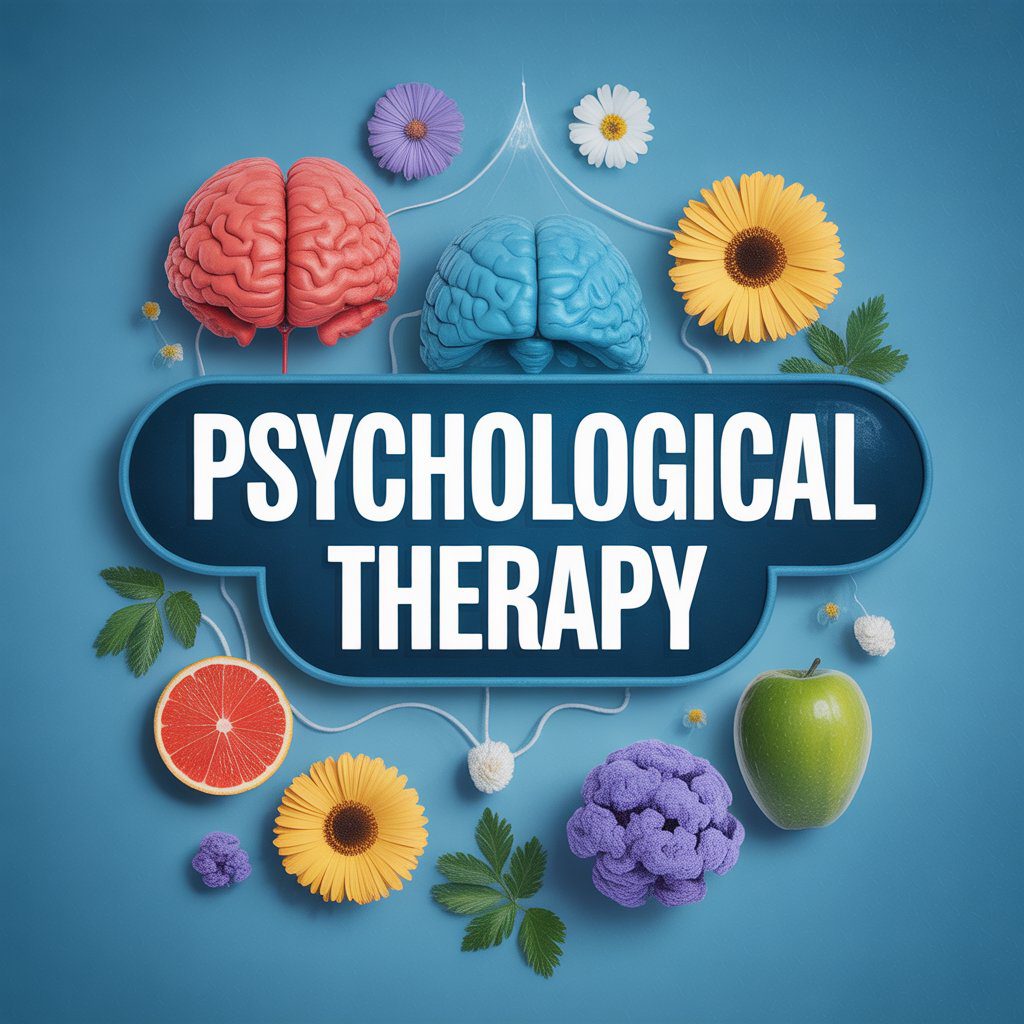Understanding Psychological Therapy: A Guide to Healing
The decision to seek help for mental and emotional challenges is a profound act of courage. Yet, the world of psychological therapy can often seem shrouded in mystery, leading to hesitation and uncertainty. What exactly happens in a therapist’s office? Is it just about talking about your problems? In reality, psychological therapy is a collaborative, evidence-based process designed to provide you with practical tools and profound insights to navigate life’s difficulties. It is a structured journey of self-discovery and healing that empowers you to understand your thoughts, manage your emotions, and change unhelpful behaviors. This guide aims to demystify the process, illustrating how engaging in psychological therapy can be a transformative step toward a healthier, more fulfilling life.
At its core, psychological therapy—also known as psychotherapy or counseling—is a professional service provided by trained clinicians to help people understand and resolve their problems. These problems can range from specific mental health disorders like depression and anxiety to life stressors such as grief, relationship issues, or career transitions. The process is built on a foundation of trust and confidentiality, creating a safe, non-judgmental space where you can explore your inner world with a skilled guide. It is not about someone giving you all the answers, but rather about equipping you with the skills to find your own.
The Core Principles: How Therapy Facilitates Change
Therapeutic change doesn’t happen by magic; it is facilitated by several key principles that are common across most therapeutic approaches.
A Trusting Therapeutic Alliance
The most critical factor for successful outcomes is the relationship between you and your therapist. This collaborative partnership, built on empathy, trust, and unconditional positive regard, provides the safety necessary for you to be open and vulnerable. When you feel heard and understood, you are more likely to engage deeply in the challenging work of self-examination and change.
Gaining Objective Insight
Therapists provide a valuable external perspective. They can help you identify patterns in your thoughts, feelings, and behaviors that you may be too close to see. For instance, you might learn that a pattern of perfectionism is leading to chronic anxiety, or that a specific core belief about yourself is impacting your relationships. This objective insight is the first step toward breaking free from automatic, unhelpful cycles.
Learning and Applying New Skills
Therapy is a skills-based endeavor. Your therapist will teach you practical techniques to manage your mental health. This could include learning how to challenge negative thought patterns, regulate overwhelming emotions, communicate more effectively, or set healthy boundaries. These are not abstract concepts but concrete tools that you can practice in sessions and apply in your daily life to create tangible change.
Common Approaches in Modern Psychological Therapy
There is no single “right” type of therapy. Different approaches are tailored to address different needs. Here are some of the most prevalent and evidence-based modalities you might encounter.

Cognitive Behavioral Therapy (CBT)
CBT is one of the most widely practiced and researched forms of therapy. It is based on the idea that our thoughts, feelings, and behaviors are interconnected. CBT focuses on identifying and challenging distorted or unhelpful thinking patterns. For example, if you consistently think, “I’m a failure,” CBT helps you examine the evidence for and against that thought, and develop a more balanced perspective. By changing your thoughts, you can change how you feel and act.
Psychodynamic Therapy
This approach explores how past experiences, particularly from childhood, influence your current behavior and relationship patterns. The goal is to bring unconscious thoughts and feelings to the surface so they can be understood and resolved. While often longer-term than CBT, psychodynamic therapy can lead to deep, lasting change by addressing the root causes of psychological distress.
Humanistic Therapy
Humanistic therapies, such as Person-Centered Therapy, operate on the belief that everyone has an innate drive toward growth and self-actualization. The therapist’s role is to provide a supportive environment that facilitates this natural growth. They offer empathy and genuineness, helping you access your own wisdom and resources to find your path forward.
Mindfulness-Based Therapies
Modalities like Acceptance and Commitment Therapy (ACT) and Dialectical Behavior Therapy (DBT) incorporate mindfulness practices. These therapies teach you to observe your thoughts and feelings without judgment, and to accept them rather than fighting against them. The focus then shifts to committing to actions that align with your personal values, even in the presence of difficult emotions.
Dispelling Common Myths About Therapy
Several misconceptions can prevent people from seeking the help they need. It’s important to address these directly.
Myth 1: “Therapy is only for people with severe mental illness.”
This is false. While therapy is crucial for treating conditions like major depression or PTSD, people seek therapy for a vast range of reasons. This includes managing stress, improving relationships, navigating a life transition, or simply pursuing greater self-awareness and personal growth.
Myth 2: “A therapist will just tell me what to do.”
A good therapist is not a advice columnist. Their job is not to give you direct solutions but to guide you in exploring your options, understanding your values, and making your own informed decisions. The power and agency always remain with you.
Myth 3: “Seeking therapy is a sign of weakness.”
In truth, acknowledging you need support and taking proactive steps to improve your well-being is a sign of tremendous strength and self-awareness. It takes courage to confront your challenges and commit to change.
Taking the First Step on Your Journey
If you are considering therapy, start by researching licensed therapists in your area or through reputable online platforms. Many offer a brief initial consultation, which is a low-pressure opportunity to see if you feel comfortable with them. Remember, it is perfectly acceptable to shop around to find the right fit. The investment you make in psychological therapy is an investment in your overall quality of life, your relationships, and your future self. It is a journey that promises not just the reduction of suffering, but the discovery of a more resilient, authentic, and empowered you.
Frequently Asked Questions (FAQs)
1. How do I know if I need psychological therapy?
Consider therapy if you are experiencing persistent feelings of sadness, anxiety, or anger; if your issues are interfering with your work, relationships, or daily functioning; or if you are going through a major life transition and need support. You don’t need to be in crisis to benefit from therapy.
2. What’s the difference between a psychologist, a psychiatrist, and a counselor?
A psychologist (PhD or PsyD) provides therapy but typically cannot prescribe medication. A psychiatrist (MD) is a medical doctor who can prescribe medication and may also offer therapy. A counselor or therapist (often with an MA, LPC, or LCSW) is trained to provide psychotherapy.
3. How long does therapy usually take?
The duration varies greatly depending on your goals and the issues being addressed. Some people see significant improvement in 8-12 sessions of short-term therapy like CBT, while others with more complex concerns may engage in therapy for a year or longer.
4. Is everything I say in therapy confidential?
Yes, confidentiality is a cornerstone of therapy. Your therapist is legally and ethically bound to protect your privacy. There are very few exceptions, typically involving immediate risk of harm to yourself or others, or in cases of child or elder abuse.
5. What if I don’t feel a connection with my first therapist?
This is very common and completely normal. The therapeutic relationship is unique, and finding the right fit is crucial. It is perfectly acceptable and encouraged to tell a therapist you don’t feel it’s a good match, or to try a few different therapists until you find one you trust and feel comfortable with.




